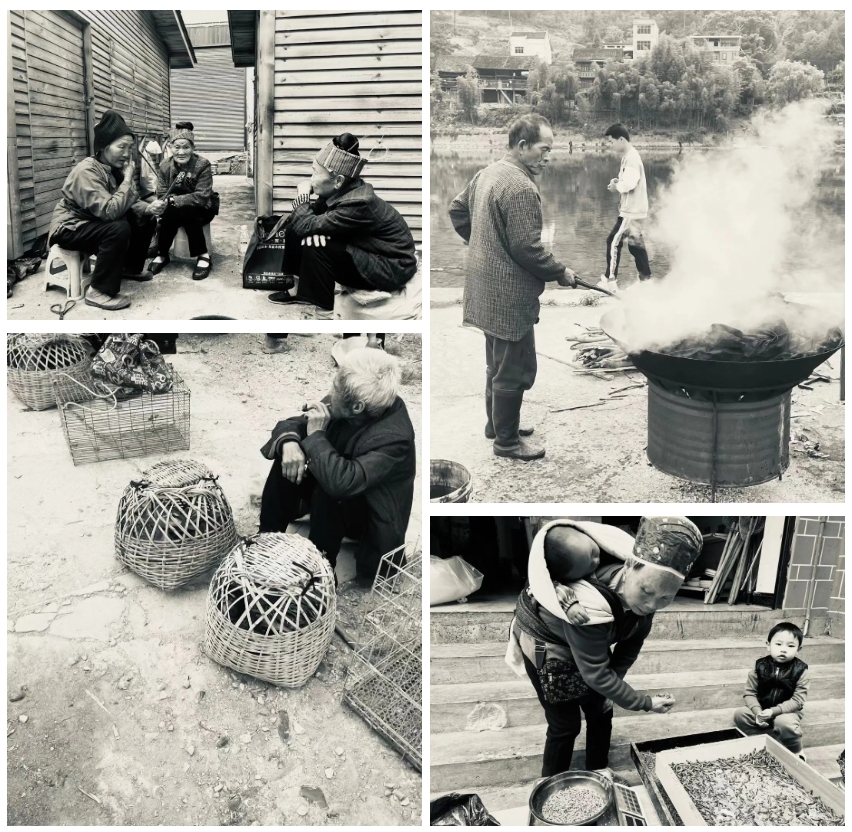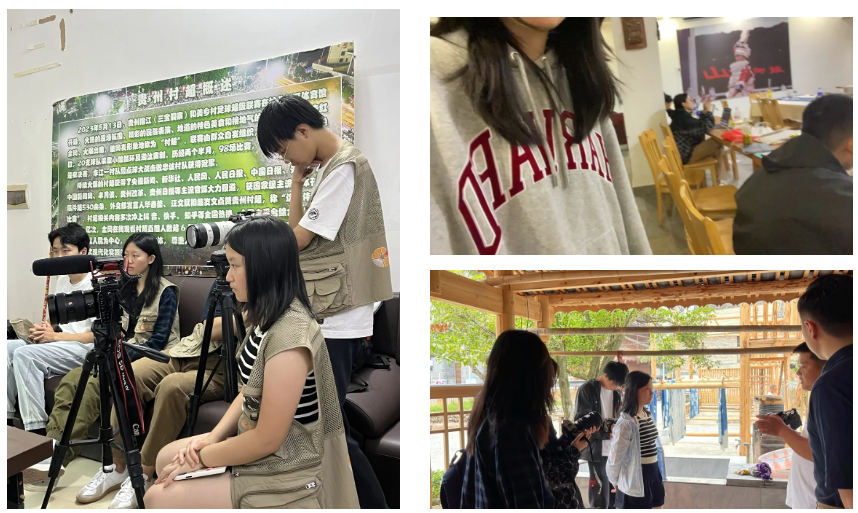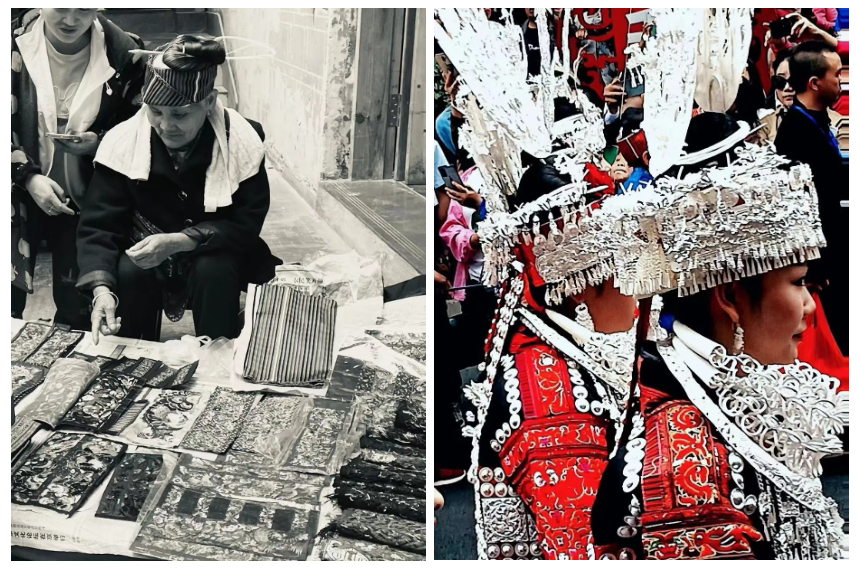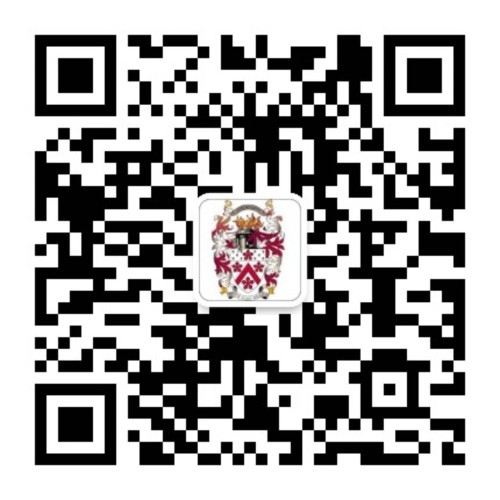Miya Z Achieved 'Commendation' in John Locke Essay Competition
Recently, Miya Z, a Year 11 student at DHSZ, was awarded a Commendation in the prestigious John Locke Essay Competition. This recognition highlights not only her strong academic writing skills but also acknowledges her deep critical thinking and sophisticated writing, which helped her stand out among many participants worldwide.
The John Locke Essay Competition
The John Locke Institute encourages young people to cultivate the characteristics that turn good students into great writers: independent thought, depth of knowledge, clear reasoning, critical analysis and persuasive style. The Competition invites students to explore a wide range of challenging and interesting questions beyond the confines of the school curriculum. Entering an essay in our competition can build knowledge, and refine skills of argumentation. It also gives students the chance to have their work assessed by experts. All essay prizes are judged by senior academics from Oxford and Princeton. The judges will choose their favourite essay from each subject category and an overall 'best essay' across seven subjects: Philosophy, Politics, Economics, History, Psychology, Theology and Law.
Miya Z - Year 11
Awards received:
John Locke Essay Competition: Commendation;
The Fourth Youth Leaders in Finance Challenge - Outstanding Enterprise Distributer
Braving the World of Theology: From Interest to Academic Discovery
Miya’s participation in the competition showcased both her love for writing and her courage to explore a new academic field—Theology.
Her essay focused on how ancient rulers harnessed theology as a tool to affect their people. Reflecting on her choice, Miya shared, "I’ve always been interested in economics and the liberal arts, but I found the theology topic fascinating because it was a field I had never explored before."
Miya’s interest in cultural mythology and religion first emerged during a visit to a Miao village, where she encountered the legend of the “Butterfly Mother.” After that, she further explored the myths and theologies of Western, Chinese, and minority cultures. Miya explained, "These myths are the origins of our culture and carry a sacred significance."
Through discussions with her teacher, Miya decided to focus on how rulers historically used theology to solidify their power. This research not only broadened her perspective but also became the foundation of her essay.

Exploring Across Disciplines: Connecting Theology, Economics, and Culture
Miya’s essay was more than just an academic task—it was an extension of her cultural exploration. Over the course of three months, she also created a documentary that combined her reflections on cultural traditions and economic research.

During her time in the Miao village, Miya observed how local women embroidered cultural symbols into their crafts. One entrepreneur skilfully incorporated theological symbols into merchandise inspired by the “Village Super League” trend, which promoted local economic growth and empowered women. Miya noted, "Through my research, I wanted to show how village economies, women’s empowerment, and cultural traditions are interconnected."

Overcoming Challenges: Cracking the Reading Barrier
Miya admitted that one of the biggest challenges was managing the overwhelming amount of research material, "There was so much information online, and I had to ensure I was using reliable sources."
She also found it difficult to engage with academic texts and theological concepts she had never encountered before. However, this process greatly improved her information-gathering skills, reading speed, and comprehension.
"I used to find reading very difficult, but working on this essay helped me develop a reading strategy that really works for me," Miya said. She began highlighting key vocabulary and looking up meanings, which steadily expanded her vocabulary and improved her reading efficiency. "This experience forced me to build up the knowledge base I needed to write an academic paper," she added.
Advice for Future Participants: Progress Over Perfection
For students interested in entering similar essay competitions, Miya offers this advice, "Don’t try to make everything perfect from the start—just aim to complete 60% first, and then gradually improve."
She explained that striving for perfection too early—such as using the most advanced vocabulary or referencing only the best sources—can create unnecessary pressure. Instead, Miya recommended an incremental approach, "Get something down first, and then refine it step by step." This lesson, she said, was one of the most valuable takeaways from her experience.





